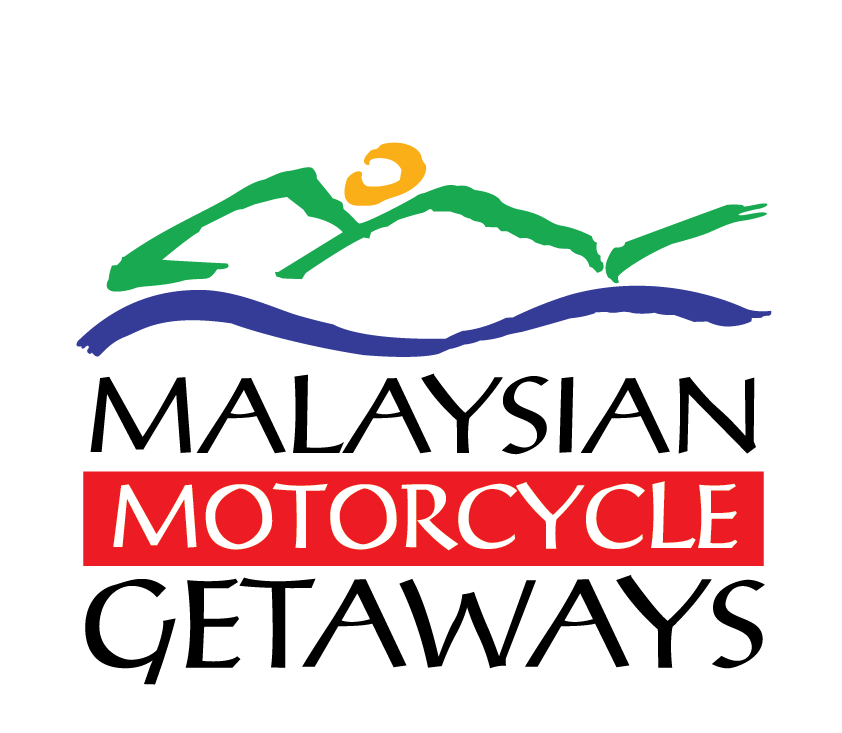CONTACT US
CONTACT US FORM

Malaysia
MMG Headquarters
F-50-2, Jalan Teknologi 3/9
Bistari De Kota, Kota Damansara
Petaling Jaya, Selangor 47810
MALAYSIA
Telephone: +603 6141 8612
(Mon-Fri 9am to 5pm)
Whatsapp: +6010 7888 928
Email: tours@ridemalaysia.com.my

MMG AUSTRALIA
Westfield, Perth AUSTRALIA
Emrys Jones
Telephone: +61 (0) 405 595 946
Email: mmg.australia@hotmail.com
FAQs
Years of experience tell us of the following 10 frequently asked questions for the benefit of all.
Hope the info helps your planning for a trip to Malaysia.
We will still do a detailed briefing before each ride for your complete understanding of motorcycling in Malaysia.
What type of licence do I need?
All foreign licenses are valid to be used in Malaysia within your social visit period. Your license however must be at the appropriate level to ride our motorcycles in accordance with its cubic capacity. International Driving Permit is a must.
How about visa and other entry requirements?
For most countries, social and business visits to Malaysia not exceeding three months are given visas upon entry. Do check the requirements at the nearest Malaysian Embassy or High Commission. Effective 1 Jan 2024 all foreign travellers are required to fill up the Malaysia Digital Arrival Card (MDAC). Kindly log on to https://imigresen-online.imi.gov.my/mdac/main for more details.
Where can I store my luggage?
What insurance coverage do I need?
The package comes with a standard motorcycle insurance covering damages, fire and theft. It excludes injury and hospitalisation of which participants are strongly advised to obtain the appropriate travel insurance from your home country that covers motorcycling in Malaysia.
How many kms per day do we go on a guided tour?
How about fueling?
Depending on the petrol type and brand, the fuel nozzles come in many colours. Whatever you do, just avoid the black ones…those are diesel!
Vehicle with foreign registration however, are prohibited to fill up with RON95 petrol (typically with yellow nozzles).
What sort of bike apparels and gears are best to be used?
We do have such gears/apparels for hire if you wish to travel light.
Is bike theft something to worry about?
Do park your bikes at secure and well-lit places. We will supply you with security locks as well. Remember…a cat loves fish, but won’t risk its claws.
Is drinking allowed in public?
Do take note that driving/riding under excessive influence of alcohol is a serious offence in Malaysia (and in other countries) and may lead to immediate imprisonment. Not that you need reminding, but you know your limits.
